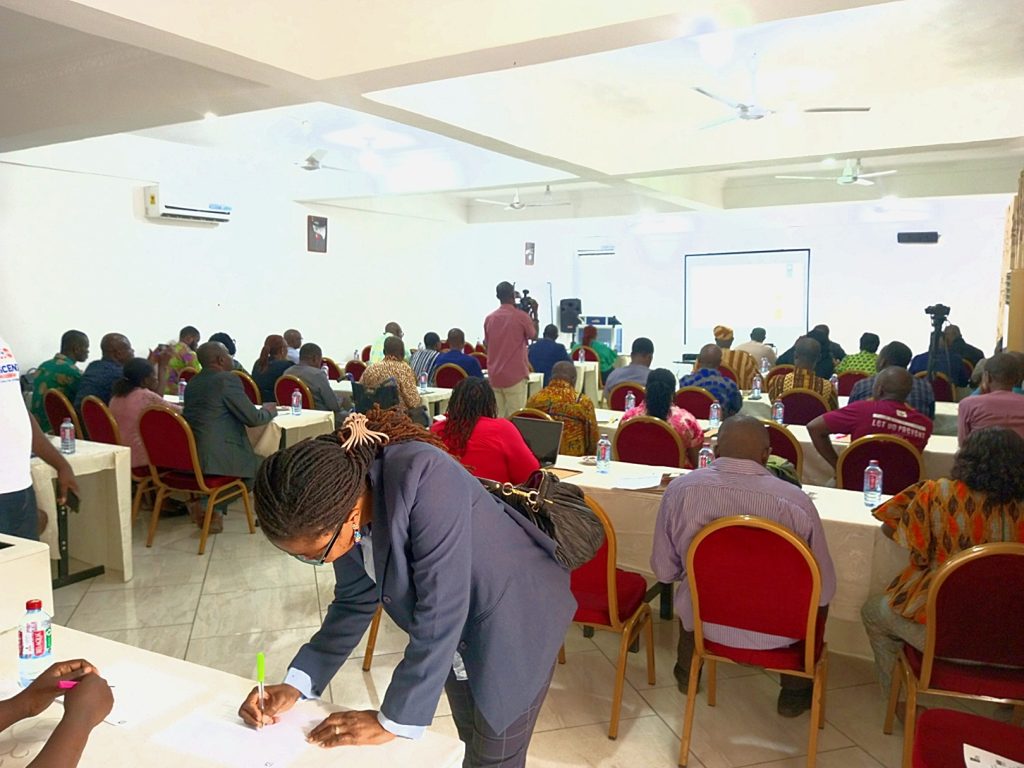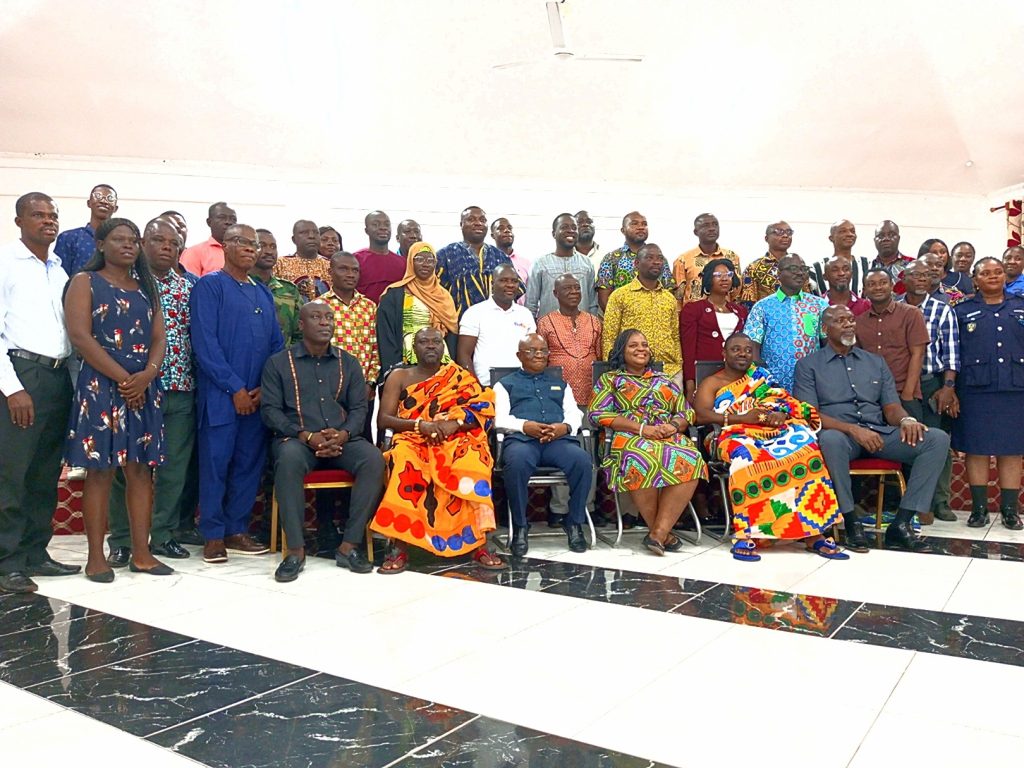By: Jones Anlimah
The Ministry of Roads and Transport has organized a dissemination workshop in Ho in the Volta region to discuss and promote the revised National Transport Policy and the newly introduced National Electric Vehicle Policy. The event, which brought together key stakeholders from various sectors, focused on implementation strategies for the two policy frameworks, which aim to transform Ghana’s transport sector.
The Revised National Transport Policy, which received cabinet approval in August 2020, builds upon the foundation laid by its predecessor, the National Transport Policy. The policy has been updated to address the evolving societal needs, advancements in technology, and pressing environmental concerns. It also lays out a clear vision for developing a sustainable, efficient, and an inclusive transport system in Ghana.
One of the central themes of the revised policy is the promotion of innovation and the adoption of new technologies, particularly the integration of electric vehicles (EVs) into the nation’s transport system. With global recognition of the unsustainability of the current energy landscape, the revised policy now emphasizes the need to address environmental challenges and safeguard the future for upcoming generations.
Aligned with Ghana’s National Energy Transition Plan, the National Electric Vehicle Policy was also developed to guide the uptake of electric vehicles across the country. This policy has also undergone extensive stakeholder engagement, involving Ministries, Departments, and Agencies (MDAs), Metropolitan, Municipal, and District Assemblies (MMDAs), regional administrations, transport operators, service providers, vehicle manufacturers, and private sector entities for inputs and fine-tuning and implementation.
The workshop in Ho formed part of a nationwide effort to engage stakeholders at all levels to ensure that the policies are well understood and effectively implemented across the country.

The Volta Regional Minister, Dr. Archibald Yao Letsa said the Revised National Transport Policy and the National Electric Vehicle Policy are pivotal in steering Ghana towards a more sustainable and technologically advanced transport system.
He assured of the region’s commitment towards the policies which will not only enhance transport infrastructure but also contribute to the global fight against climate change.
“The National Transportation Policy 2020 focuses on improving road safety, enhancing public transportation, promoting non motorised transport and encouraging private sector participation. The National Electric Vehicle Policy seeks to reduce greenhouse gas emissions, increase energy efficiency, support local manufacturing and create jobs and stimulate economic growth”, he said.
He added “these policies aim to transform our transportation system ensuring it is safe, it is reliable and environmentally friendly”.
The Officer in Charge of Policy Planning, Monitoring, and Evaluation at the Ministry of Roads and Transport, Mrs. Irene Messiba, highlighted the collaborative efforts required for successful implementation of the two policies. “The success of these policies hinges on the coordinated participation of both public and private sector stakeholders”, she said.
“Through this dissemination exercise, we will therefore foster a strong partnership for the implementation of the National transport policy as well as the national electric vehicle policy to maximise inclusive developmental outcomes for both current and future generations of Ghanaians”, Mrs. Messiba emphasized.
The event concluded with a call to action for stakeholders to actively contribute to the realization of these visionary policies, aimed at driving Ghana’s transport sector towards a sustainable future.













